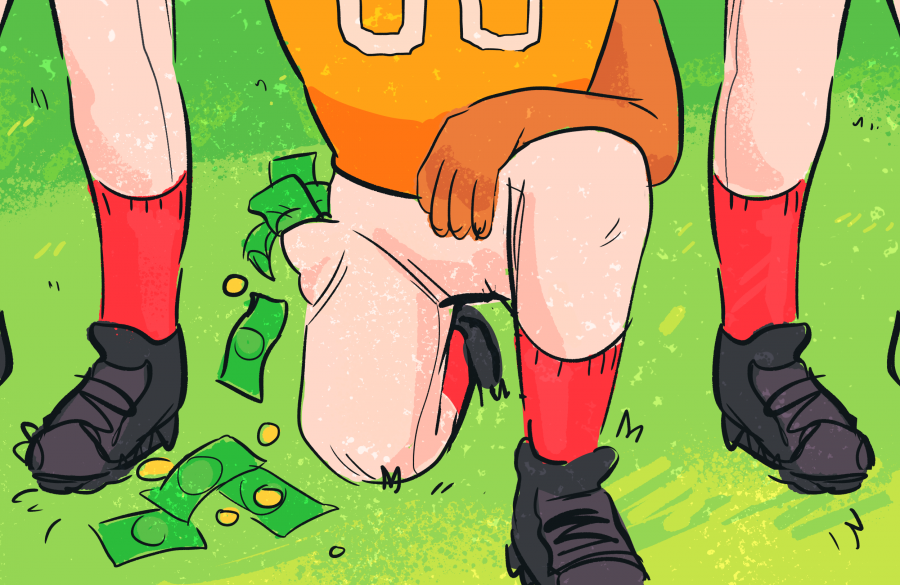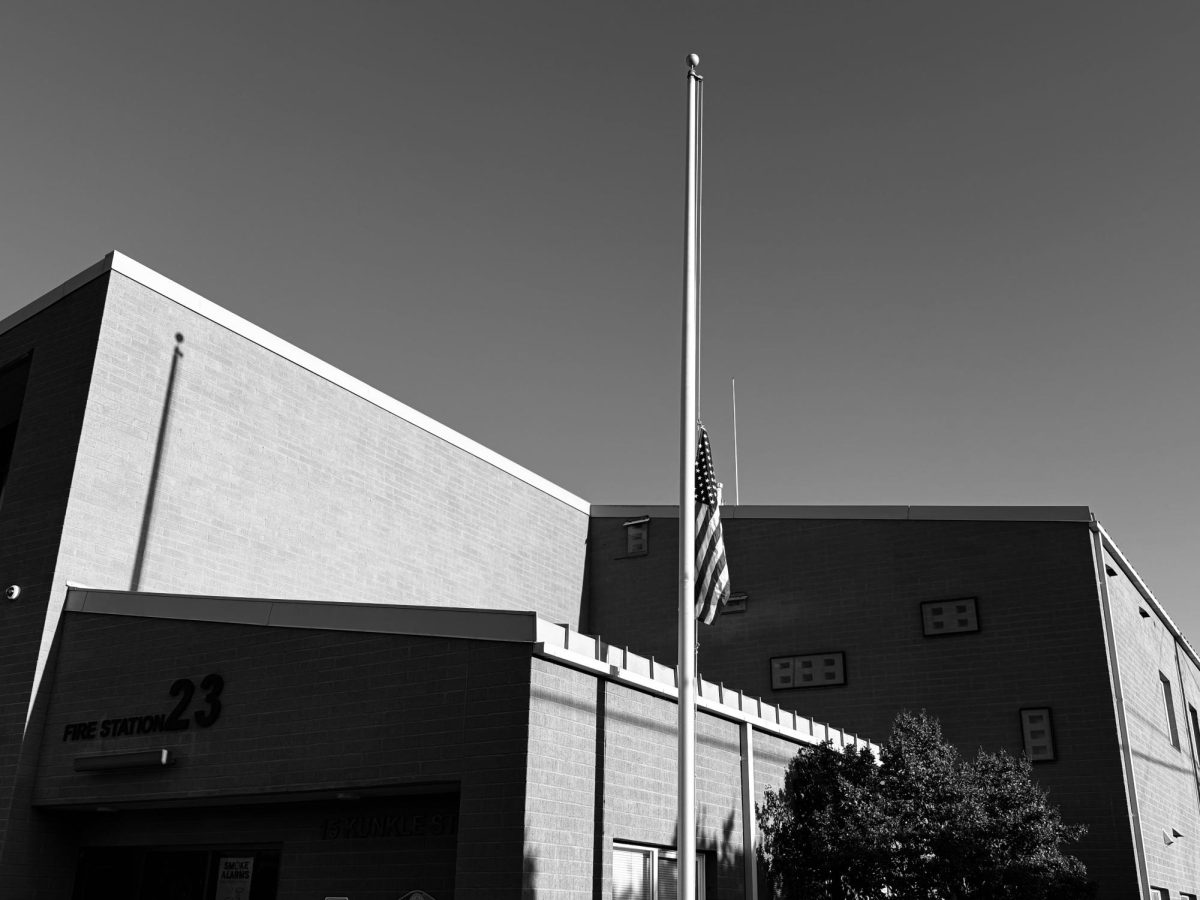Quarterbacks Aaron Rodgers, Tom Brady and defensive end Michael Bennett are just a few of the 200 participants in protests of the national anthem that have occurred in the past opening weeks of this year’s National Football League (NFL) season. At some games, entire teams linked arms, and at others, players got on one knee, and some didn’t even exit the locker room to be present for “The Star-Spangled Banner.”Although all of these protests are physical demonstrations during the national anthem, very few to none, are protesting the national anthem itself.
These recent protests all found inspiration from former 49ers’ quarterback Colin Kaepernick and his original anthem protest against police violence and racial discrimination within the police force. Kaepernick’s protests spawned a war of rhetoric between his supporters and opposition that has recently been renewed by the current administration. Now multiple reasons for protest have arisen, but most are demonstrations against President Trump’s response to the original dissent against racial issues.
These causes for protest and controversy have no origin in the national anthem itself, and unless they are protesting the very words of the anthem or a cause related to it, then there is no precedence to boycott it. It simply isn’t an effective way to enact the change that the football players desire because “The Star-Spangled Banner” is too much of a generalization of American ideals to derive any type of civil controversy.
Athlete protests are nothing new to the scene, but in most cases, they have always been confined to a specific cause and specific way of demonstration. Boxer Muhammed Ali protested the war in Vietnam by refusing conscription and Irish Olympian Peter O’Connor protested for Irish independence by climbing up the flagpole at his medalling ceremony and waving the Irish flag.
NFL players should refine their protests to specific representations of their grievances in order to more effectively represent their cause and eliminate any doubt of what they are protesting against. In addition, NFL players are multimillionaires, visual demonstrations are the very least they can do, but to really impose change, and considering the assets at their disposal, monetary action can and must be taken.
Some claim that by having reason to even write this article, the protests are achieving their desired outcome of raising awareness. But raising awareness is only effective to a certain point, and these issues are already polarizing arguments in America. It’s time to stop the name calling and drop the war of words for actual action against these pressing issues.
Supporters of the protests also argue that it is their right to demonstrate, and these rights are upheld by the anthem itself. But I am in no way saying that they can’t protest and should be punished for doing so. The NFL itself released a statement saying, “Players […are] not required to stand during the playing of the national anthem.” President Trump encouraging the termination of these players violates their freedom of expression, which is protected under the First Amendment.
The protests conducted by the athletes of the NFL have the right to take place, but simply have not and will not be effective in enacting the change they desire. Simply raising awareness for a cause falls short of sufficing change. These players should be using their influence, celebrity status and riches to truly change the systems they are protesting against.








